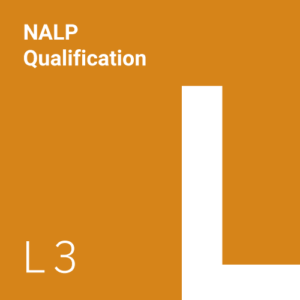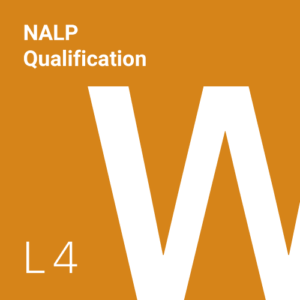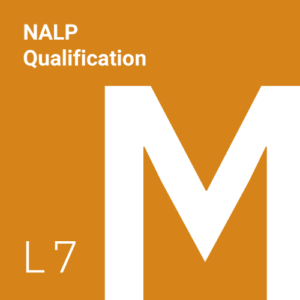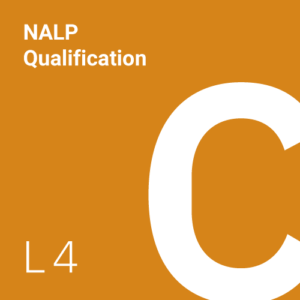- CPD Courses
- NALP Paralegal Qualifications
- Level 3 qualifications
- L3 Certificate for Paralegal Technicians
- L3 Introduction to Law for Paralegals
- L3 Legal Ethics and Responsibilities for Paralegals
- L3 Wills and Succession for Paralegals
- L3 Civil Litigation for Paralegals
- L3 Criminal Litigation for Paralegals
- L3 Commercial Law for Paralegals
- L3 Conveyancing for Paralegals
- L3 Employment Practice for Paralegals
- L3 Consumer Rights and Remedies for Paralegals
- Level 4 qualifications
- NEW Level 4 Certificate for Associate Paralegals
- L4 English Legal System – Single Unit
- L4 Contract Law – Single Unit
- L4 Law of Tort – Single Unit
- L4 Criminal Law – Single Subject
- L4 Wills, Intestacy & Family Provision – Single Unit
- L4 Civil Litigation – Single Unit
- L4 Criminal Practice – Single Unit
- L4 Matrimonial & Civil Partnerships – Single Unit
- L4 Conveyancing – Single Unit
- L4 Succession – Single Unit
- Level 5 Diploma for Senior Associate Paralegals
- Level 7 qualifications
- How to choose
- Comments from our Learners
- FAQ
- Recognition of prior learning
- FAQ
- About
- News
- Contact
L4 English Legal System – Single Unit
English Legal System – Single Unit
- The Nature and Development of English Law: including the nature and functions of the Law; the concept of legal personality, outline of agency and powers of attorney; an awareness of the development of the Common Law and the Writ System; the development of Equity and its role in the law today and the effect of the Judicature Acts 1873-75
- Modern Day Sources of Law: including legislation both primary and delegated; Statutory interpretation,; the doctrine of Judicial Precedent; an awareness of the role of European Community Law
- Dispute Solving in English Law: including the Court System and structure, Legal Personnel (i.e. The Judiciary, Barristers, Solicitors and Paralegals), composition and jurisdiction of the Civil and Criminal Courts; the Appellate system; Tribunals; Arbitration and Mediation
Learning Outcomes
- Understand the nature and development of English Law
- Understand the modern day sources of Law
- Understand how judges interpet and apply the law
- Understand the composition and jurisdication of Civil and Criminal Courts.
- Understand the types of legal personnel
- Understand the importance of Alternative Dispute Resolutions and options available.
What's included
- All course material
- Assignment and test marking
- Full tutorial support
- Certificate on completion
Entry requirements
One of the following is required or equivalent – if unsure, please contact us or phone 0203 745 5513
NALP Level 3 Certificate or Diploma in Paralegal Practice; two A’ Levels; an A’ Level Law; BTEC National Diploma (NVQ/GNVQ Level 3 or above);
CILEX Level 3 Qualifications; ILSPAs Legal Secretary Diploma
Mature Students Welcome (over 25) without any of the above – please contact us to confirm eligibility.
Non UK: Equivalent Qualifications – please contact us to confirm eligibility
Please Note: The NALP Level 4 Diploma in Paralegal Studies is only available in English.
If your first language is not English then you must be able to provide evidence that your spoken and written command of the English Language is adequate for the qualification for which you have applied. e.g. IELTS Level 6, GCSE English.
Assessment
Assignments can be requested when the learner is ready, and once requested and sent, the Learner will have a 4 week period in which to complete the assignment and return by the due date.
Assignments are marked and graded either with a pass (45 – 64%), merit (65 – 79%) and distinction (80-100%).
Tutors are on hand to answer any queries that the learner may have and give unlimited help and guidance if there is anything that the learner may not fully understand with regard to the material.
Compulsory units
Description
The Nature and Development of English Law: including the nature and functions of the Law; the concept of legal personality, outline of agency and powers of attorney; an awareness of the development of the Common Law and the Writ System; the development of Equity and its role in the law today and the effect of the Judicature Acts 1873-75
Modern Day Sources of Law: including legislation both primary and delegated; Statutory interpretation; the doctrine of Judicial Precedent; an awareness of the role of European Community Law
Dispute Solving in English Law: including the Court System and structure, Legal Personnel (i.e. The Judiciary, Barristers, Solicitors and Paralegals), composition and jurisdiction of the Civil and Criminal Courts; the Appellate system; Tribunals; Arbitration and Mediation
Learning Outcomes
Understand the nature and development of English Law
Understand the modern day sources of Law
Understand how judges interpet and apply the law
Understand the composition and jurisdiction of Civil and Criminal Courts.
Understand the types of legal personnel
Understand the importance of Alternative Dispute Resolutions and options available.
Qualification
This is a single unit course, no qualification
Compulsory units
- English Legal System
Study type
Distance learning



